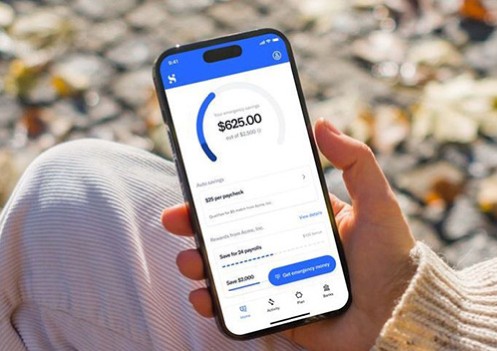Don't Ignore This Student Loan Warning
June 12, 2025
For the past five years, the federal government has not gone after collecting loan payments from borrowers who defaulted on federal student loans.
That changed in early May. The government announced it will resume a variety of ways in which it can collect on defaulted college debt.
Beginning in May, the government began withholding federal tax refunds of borrowers in default and using the funds to offset their loan balances. Beginning in June, Social Security benefits can be seized to offset college debt in default. (This may be an issue for parents who borrowed under the federal PLUS loan program.) Later this summer, the government has announced it plans to send out notices that it will also garnish wages; up to 15% of after-tax income can be seized to pay down defaulted student loans.
An estimated five million borrowers are in default and thus immediately impacted by this change in the federal collection policy. And another four million borrowers are seriously behind on their payments and nearing the 270 days of non-payment, which is the formal threshold for moving from delinquent to default.
Here's what to do if you are behind on federal student loan payments:
- Confirm your payment status.
All federal loan borrowers have a federal student aid ID number that they can use to check their payment status at the Federal Student Aid website. On that dashboard, they can also see who their loan servicer is (the company the government pays to collect their loans) and should make sure their contact information is updated with them.
I hope everyone with student debt will stand in their truth and look into their status and make it a priority to restart payments with a loan repayment plan. Ignoring that this is happening or thinking you can hide from the government debt collectors will only make things worse.
- In Default? Work with the Default Resolution Group.
This is a unit in the Department of Education that is tasked with helping you consider repayment plans to move you out of default. If you can’t make that work, the Department of Education is now on the record saying it will consider ways to collect on the debt, including wage garnishment.
One option is to repay the entire loan amount immediately. That is likely out of the question for borrowers, but I want to talk to parents and grandparents reading this. If you are inclined to step in and provide the funds to settle the debt, please ask yourself if you are being truly generous. As you have heard me advise for years, for a gift to be truly generous, it must be generous for the giver as much as the recipient. If making this payment in any way jeopardizes your retirement security, it does not meet my definition of true generosity. You will have traded one financial stress (the borrower’s) for yours (retirement security).
The better route is for the borrower to see if they can use the “rehabilitation” program offered by their loan servicer. After a series of 9 or so on-time payments (tied to income), the loan will be lifted out of default status, and the default will be wiped from the borrower’s credit score, which is an important rebuilding step.
Another option is for the borrower to consider loan consolidation, though this route won’t immediately wipe out the default from their credit report.
Where parents, grandparents, aunts, and uncles can help is by offering someone you love who has student debt support in rethinking their spending so they can make those monthly payments on time.
If you can afford to provide financial help with those monthly payments, that is fine. Just be honest with yourself. And please only step in for a borrower who is working hard to launch as an adult and manage this debt. I would hesitate to offer the same financial support to someone who has this debt, and yet also has a lifestyle that is way beyond their means. Have them adjust their lifestyle first.
And if you know someone who is delinquent (behind) on student loan payments, but not yet in default, step up and offer your help in strategizing how they can get back on track, to avoid the financial stress of dealing with default now that the federal government has resumed going after collections.






